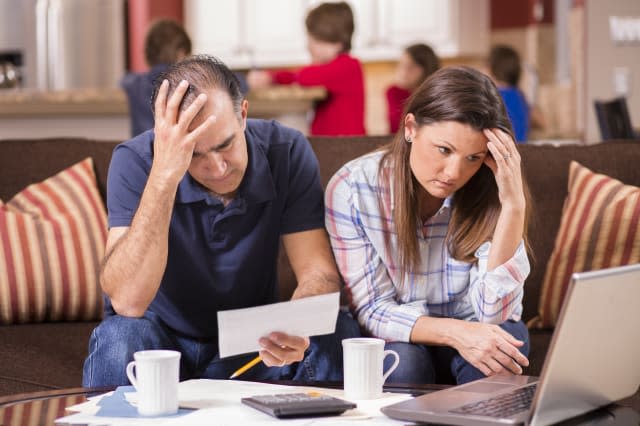8m have never seen an interest rate rise: this spells disaster

Eight million Brits have never seen an interest rate rise in their adult lives, and could be underestimating the danger it represents.
It's now ten years since the rate last rose, reaching 5.75% just before the global economy crashed.
And anybody that's taken out a mortgage since has seen their payments either remain the same or falling. As a result, with house prices rocketing, many buyers have been taking out the biggest mortgage they can afford.
"It's been a decade since the last interest rate rise, so it's little wonder that borrowers have got used to the idea of cheap money," says Laith Khalaf, senior analyst with investment firm Hargreaves Lansdown.
"The typical mortgage rate has fallen from 5.8% in July 2007 to 2.6% today, helping to support household incomes and the housing market in the wake of the financial crisis."
However, the Bank of England is now believed to be considering a rate rise, on the grounds that it would help to curb consumer borrowing.
"Markets are now pricing in a 55% chance of a rate rise by the end of the year," says Khalaf.
"However, the large amount of consumer debt means that even when the Bank of England does finally decide to wean the UK off low interest rates, it will be a very slow and steady process."
The chances are that an initial rise would only take the rate up to 0.5%.
See also: Are interest rates about to rise? What does it mean for you?
See also: The best UK five-year fixed-rate mortgages 2017
So what can you do?
Anybody that's taken out a mortgage in the last couple of years will have been put through a lengthy interrogation aimed at establishing whether or not they could cope if their payments rose.
If this is you, you may have to tighten your belt a bit, but you should be fine.
Otherwise, you might want to consider taking out a fixed-rate mortgage: it will cost you more to start with, but will at least give you peace of mind that your payments won't go up for the term of the deal.
Before making a decision, you can check out exactly how much your monthly payments will increase for any given rate rise by checking an online calculator.
You'll need to know your total mortgage amount, its duration, whether it's interest-only or repayment, and your current rate. There's an easy-to-use calculator from Experian here.




